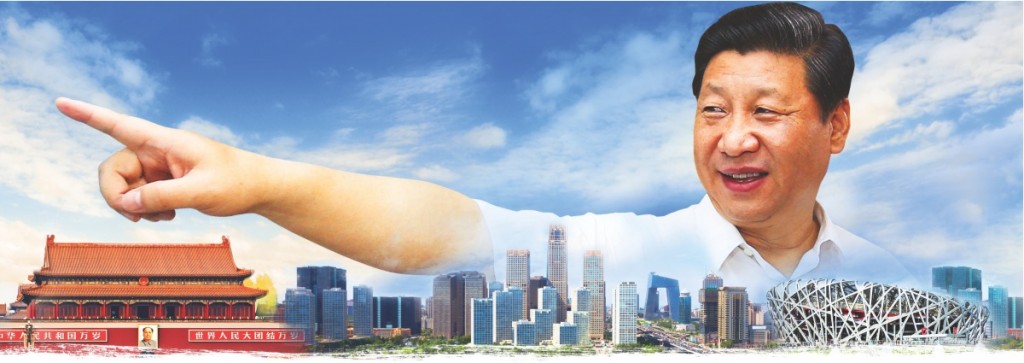
Workshop: Ideology, Propaganda and Political Discourse in Xi Jinping´s China
13/09/2015 Tana Dluhosova Events, NewsAbstract
Past years have brought resurgence of scholarly interest in the rule of the Chinese Communist Party, and having thus reevaluated the previously valid framework of “the coming collapse of the Chinese party-state” in observing contemporary politics in the People’s Republic of China. There is a general consensus that the PRC continues to function as a Leninist party‑state, and that although the CCP has vacated many segments of public life it had previously controlled, simultaneously its internal reforms and adaptation to new realities have for now been sufficient to sustain it firmly in power (Shambaugh 2008, Gore 2010, McGregor 2012, Callick 2013, Brown 2014, Lampton 2014, Wright 2015 and others). The party’s hold on the state and society appears to have further strengthened following the assumption of power by Xi Jinping and the fifth generation leadership in November 2012.
In what has been termed the new governing party paradigm, despite the more pragmatic and rationalized policy agenda in recent decades, ideology remains at the heart of its political system and enables the CCP to legitimize its rule, to formulate policy, and to offer an outlook on an ideal society (Heath 2014, Guo 2013). Through meticulously devised and controlled language use and discursive practice, the party-state aims to manage the complex ongoing transformations in China’s politics, society, culture, and other realms (Link 2013, Cao, Tian, Chilton eds. 2014). Updated market-friendly, scientific, high-tech and politics-lite propaganda continues to serve the CCP to propagate its official discourse and to exclude from public realm alternate actors, and remains to be a pervasive factor in the relationship between the party-state and society (Brady 2012, Edney 2014). The party-state has also adapted to new political, social, and technological realities in media landscape, and has developed strategies to manage the transformed media for consensus and persuasion (Zhang 2011). With growing assertiveness, China has also been claiming its international right of discourse to articulate its position and aspirations in global affairs. Yet, while there is an agreement in the scholarly community on the prominence of ideology, propaganda and political discourse in virtually all aspects of life in contemporary China, there is also a lack of sufficient research in these topics.
The workshop seeks to initiate a collaborative research in CCP’s ideology, propaganda and political discourse as important means to forge political, social and cultural order in the PRC during the Xi Jinping’s era. The project aims to combine area expertise with theoretically and methodologically innovative perspective, with possible outreach to policy makers, students and general public.
Program
| 9:00 – 9:15 | Opening remarks |
| 9:15 – 10:45
|
Examining Chinese Propaganda through Critical Discourse Analysis
Lutgard Lams (KU Leuven) |
| A Decisive Role for Markets? Economic Rhetoric and Practice in the Xi Era
Peter Sandby-Thomas (University of Massachusetts Dartmouth) |
|
| 10:45 – 11:00 | Coffee break |
| 11:00 – 12:30
|
China’s Age of Ascendency: Ecological Civilisation or Ecological Crisis?
Maurizio Marinelli (University of Sussex) |
| Discourse of Hostile Forces in Xi Jinping’s Politics
Qian Gang, David Bandurski (University of Hong Kong) |
|
| 11:00 – 12:30 | Lunch break |
| 14:00 – 15:30 | Ideology and Thought Work in Contemporary Xinjiang
Ondřej Klimeš (Oriental Institute, Czech Academy of Sciences) |
| The Media of Political Communication in North Korea
Jana Hajzlerová (Charles University in Prague) |
|
| 15:30 | Final remarks, conclusion |
backwards
